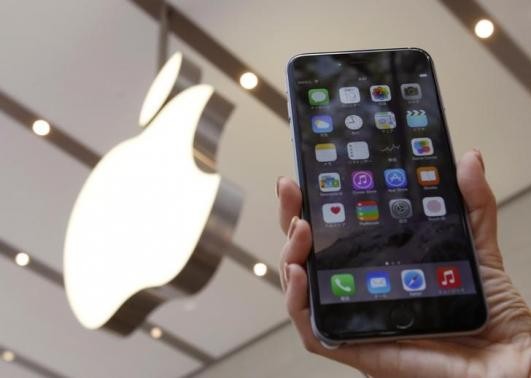Telecom operators in China are said to be cutting subsidies to iPhone smartphones in order to reduce Apple's dependence on mobile carriers.
IDC senior analyst James Yan said that major Chinese mobile carriers--including China Telecom, China Mobile and China Unicom--want to improve financial performance by reducing subsidies on the iPhone, which are not tax exempt.
Upon the release of iPhone 6 in mainland China on Oct. 17, China Telecom, China Mobile and China Unicom released the pricing for the iPhone 6 and 6 Plus, with the former retailing at 5,288 yuan ($860) and the latter at 6,088 yuan ($994).
The prices of on-contract smartphones are about the same as offered by Apple retail stores. Subsidized pricing is typically offered by telecom companies in order to attract more customers to sign contracts.
"China Mobile stopped offering a contracted iPhone for free in order to attract customers," Yan said, adding that both China Unicom and China Telecom have already reduced the subsidies on the iPhone 6.
For China Mobile, customers are offered the base iPhone 6 model for 5,288 yuan with a two-year contract that includes a balance bonus of as much as 3,264 yuan, which can be used for voice plans, cellular data plans and other charges users may incur.
China Unicom's offer is quite different. With a package starting at 5,499 yuan, its plan comes with a maximum balance bonus of 5,472 yuan and allows customers to choose the length of their contract from one to three years.
Similarly, China Telecom allows customers to choose between a two-year and a three-year contract, which includes a usable balance that is equal to the cost of the smartphone.
While Apple will become less dependent on major Chinese mobile carriers, the tech giant's cooperation with them will not stop, especially that iPhone sales in China had a 32-percent increase compared to sales in 2013, Guru Focus reported.
"When I look at China, I see an enormous market," Apple CEO Tim Cook said recenty.



























